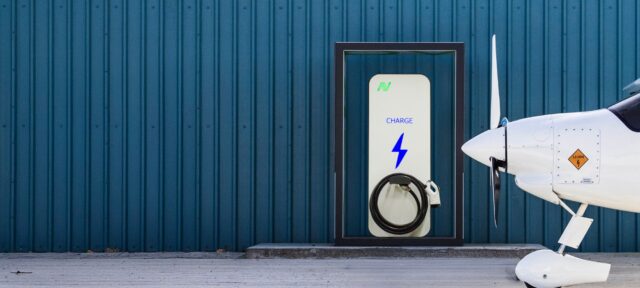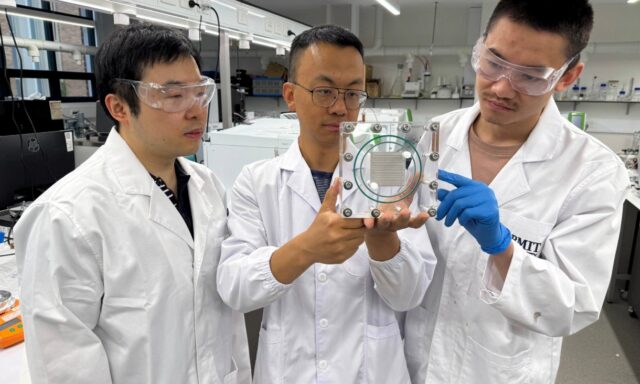
Menzies Aviation, the global aviation logistics specialist, has joined Clean Skies for Tomorrow (CST), a coalition of airlines, airports, and oil companies aligning efforts to achieve carbon-neutral flying.
Menzies is the first aviation fuel services provider to sign up to the coalition, which is led by the World Economic Forum in collaboration with the Rocky Mountain Institute and the Energy Transitions Commission.
10% SAF
A key goal of CST is to increase supplies of Sustainable Aviation Fuel (SAF) to 10 per cent of the global fuel supply by 2030. SAF is currently the only alternative fuel option available for commercial aircraft and accounts for less than 0.1 per cent of all jet fuel used. It is a cleaner fuel powered by sources ranging from agricultural waste to carbon captured from the air.
Menzies’ fuel teams have already performed SAF refuels of commercial flights in both the UK and US and are implementing management of change procedures for the receipt and handling of SAF at some fuel farm locations.
Carbon neutral
Beyond supporting the transition to SAF, Menzies has implemented it’s ‘All In Sustainability’ strategy, which includes a commitment of becoming carbon neutral for Scope 1 and 2 emissions by 2033, which coincides with Menzies’ 200th anniversary.
Morven McCrindle, Executive Vice President of Fuels at Menzies Aviation, said: “We are thrilled to be the first aviation fuel services business to join the Clean Skies for Tomorrow coalition, as we forge ahead in supporting sustainable aviation.
“We recognise the need to reduce our emissions and are pleased to be making changes that will not only help us reach our goals, but also support our customers on their journey to net zero. We look forward to supporting customers and the wider industry in making the transition to SAF and building on our experience in handling it, while also fuelling our own equipment with electric or alternative fuels.”
Subscribe to the FINN weekly newsletter















